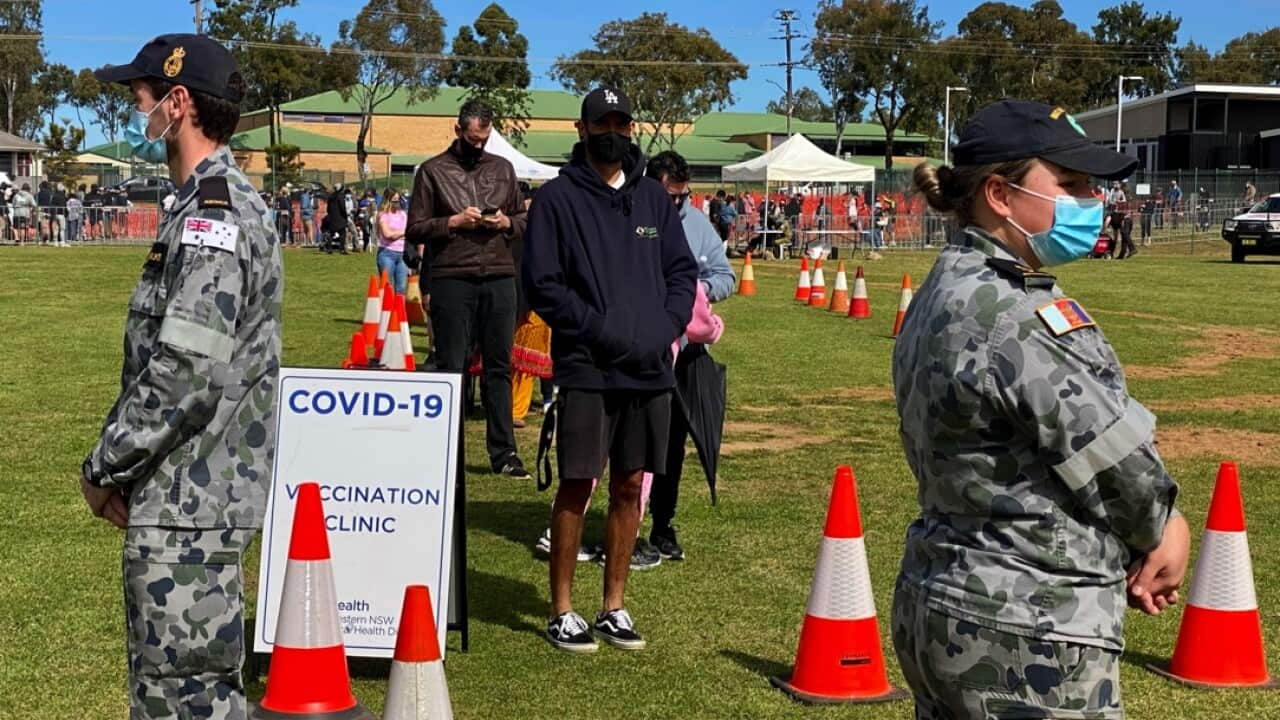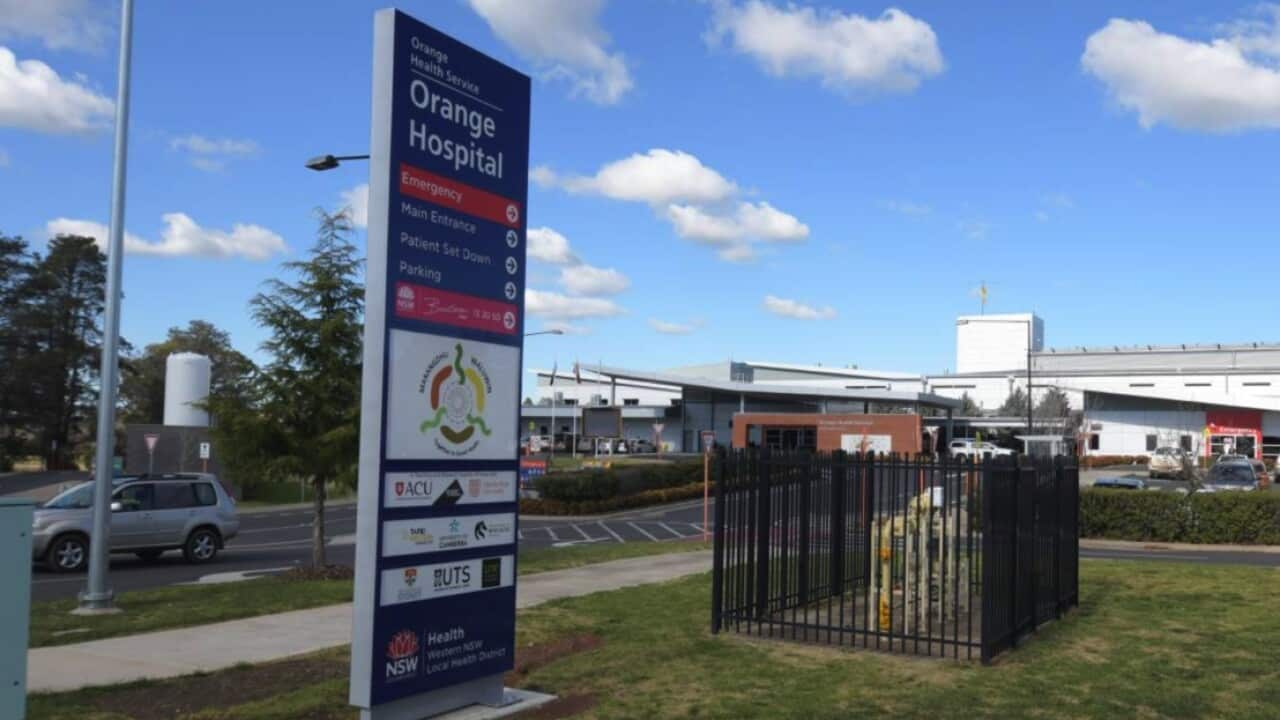The federal government hasn’t done enough to protect First Nations communities from the catastrophic impact of COVID-19, according to medical negligence lawyer Chloe Heterick.
Communities across the west and far west of the state have expressed dismay over the past few weeks, feeling they have been left behind by governments when it comes to responding to the pandemic.
More than 500 Aboriginal people in New South Wales have contracted the virus, with more than half of the infections in the west of the state. The majority of these infections have occurred since mid-June.
Ms Heterick, a Wiradjuri woman whose family is from Trangie and Narromine in western NSW, said it’s “not good enough.”
“We know that First Nations people are at higher risk for detrimental health outcomes, generally,” she told NITV News.
“We also know that First Nations people and particularly those in remote communities are already disadvantaged when it comes to adequate access to health care.
“And we know that over a year ago, the government was warned that an outbreak of COVID-19 in these communities would be detrimental.
“Yet here we are in western New South Wales with only 7% of First Nation's population vaccinated, compared with 26% of the non-Indigenous population, and it's, it's not good enough.”
Ms Heterick's grandmother Jacqueline is concerned about her community of Trangie and wants door-to-door vaccinations offered to Elders. The Defence Force and NSW Health are in the small town today to assist with administering vaccines at a pop-up clinic. At daily media conferences, the NSW government has been pressed for answers about a range of supports for the state’s remote western communities.
At daily media conferences, the NSW government has been pressed for answers about a range of supports for the state’s remote western communities.

Medical Negligence Lawyer Chloe Heterick has family in western NSW including her grandmother Jacqueline in Trangie Source: Supplied: Chloe Heterick
The Premier and Health Minister have emphasized the importance of the vaccine rollout, noting it’s the responsibility of the Commonwealth.
On Thursday, Gladys Berejiklian was directly asked if it was fair to say the government had neglected these communities.
“Our certain vulnerable communities were earmarked to be vaccinated by the Commonwealth many months ago and we are addressing these issues now,” she replied in part.
Federal Health Minister Greg Hunt actioned an emergency batch of 7680 Pfizer vaccines to western NSW on August 12. The state government then redirected 20,000 vaccines to rural areas of the state that were ‘borrowed’ to vaccinate Sydney year 12 students.
But for many residents in the regions, that meant their first dose appointments were cancelled, and were advised by NSW Health to get the Astra Zeneca vaccine instead.
This was a concern for First Nations people as there was hesitancy around Astra Zeneca due to mixed messaging.
On a national level, vaccination rates for Aboriginal and Torres Strait Islander people are behind in every state except Victoria.
For Shine Lawyers' Chloe Heterick, action should have been taken much sooner.
“We have residents in these remote communities driving hours for vaccinations. We have Aboriginal Medical Centers crying out for vaccinations so that they can administer them,” she said.
“We're an at-risk group, but what has actually been done to prioritise these vaccinations to those who need it most.
“what's been done hasn't been enough.”











